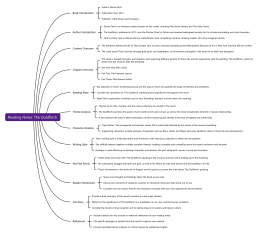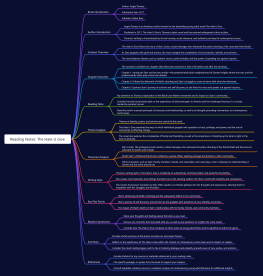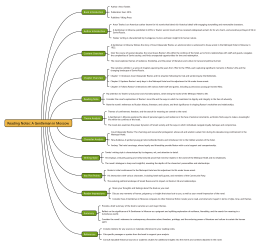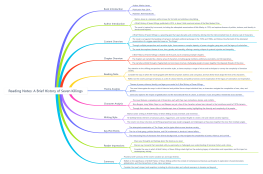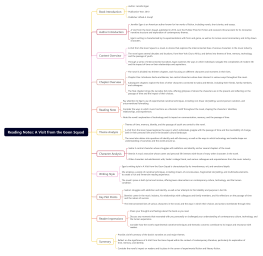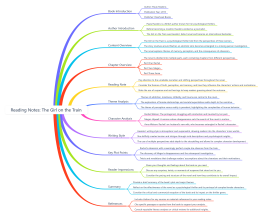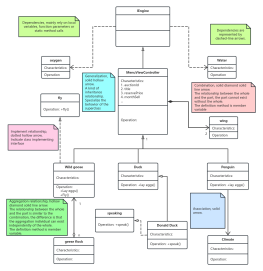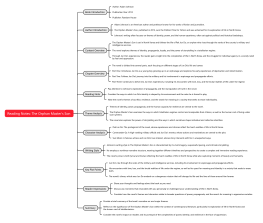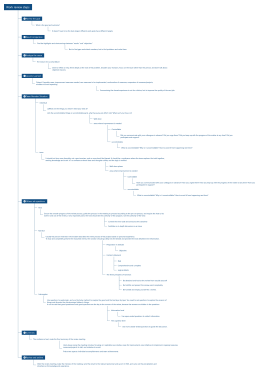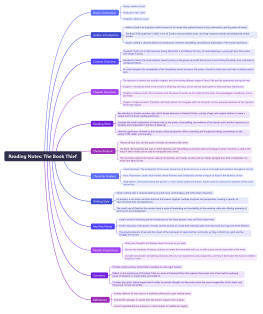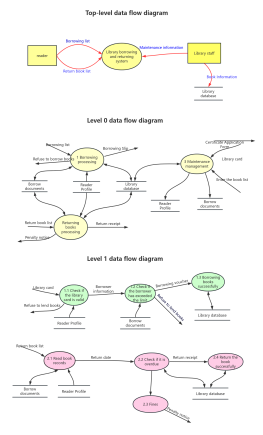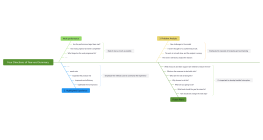Orphan Train-Christina Baker Kline: Book Summary
2024-07-19 15:46:01 0 Report
Login to view full content
Other creations by the author
Outline/Content
Book Introduction
Author: Christina Baker Kline
Publication Year: 2013
Publisher: William Morrow
Author Introduction
Christina Baker Kline is an American author known for her works of historical fiction.
Published in 2013, Orphan Train is one of her most acclaimed novels, drawing inspiration from historical events.
Kline's writing is characterized by its attention to historical detail, emotional depth, and exploration of themes such as identity, family, and resilience.
Content Overview
Orphan Train tells the parallel stories of two women: Vivian Daly, an elderly woman who experienced the Orphan Train movement as a child, and Molly Ayer, a troubled teenager who is assigned to perform community service by helping Vivian clean out her attic.
As Molly helps Vivian sort through her belongings, the two women form a bond and discover unexpected connections between their pasts.
The novel explores themes of family, loss, and belonging, as well as the often-overlooked history of the Orphan Train movement.
Chapter Overview
The narrative alternates between Vivian's experiences as a young girl on the Orphan Train and Molly's present-day struggles as a foster child.
Chapter 1: Introduces Molly and her assignment to help Vivian clean out her attic.
Chapter 2: Flashback to Vivian's childhood and her journey on the Orphan Train.
Chapter 3: Explores Molly's growing curiosity about Vivian's past and her own search for identity and belonging.
Reading Note
Pay attention to Kline's sensitive portrayal of the challenges faced by orphaned and foster children, both in the past and in the present.
Consider the novel's exploration of the impact of trauma and loss on individuals and families, and the ways in which resilience and connection can help heal old wounds.
Note the historical context of the Orphan Train movement and its lasting legacy, as well as its relevance to contemporary issues of child welfare and adoption.
Theme Analysis
Themes of family, identity, and the search for home are central to the novel.
Orphan Train examines the ways in which individuals define family and belonging, and the importance of understanding and embracing one's own history.
The novel also explores the resilience of the human spirit and the power of connection to overcome adversity.
Character Analysis
Vivian Daly: The elderly protagonist, whose experiences as an orphan shape her identity and her relationships.
Molly Ayer: The young protagonist, whose troubled past and uncertain future mirror Vivian's own struggles.
Other characters, such as Molly's foster parents, Vivian's adoptive family, and various individuals who play a role in their lives.
Writing Style
Kline's writing style is marked by its emotional depth, vivid imagery, and attention to historical detail.
She employs a dual narrative structure that allows readers to see events from multiple perspectives, adding richness and complexity to the story.
The novel's pacing is deliberate and reflective, allowing readers to immerse themselves in the characters' experiences and emotions.
Key Plot Points
Vivian's journey on the Orphan Train and her experiences in various foster homes and adoptive families.
Molly's struggles as a foster child and her growing connection to Vivian as she learns about her past.
The novel's climax and resolution, as Vivian and Molly come to terms with their respective pasts and find a sense of closure and belonging.
Reader Impressions
Share your thoughts and feelings about the book as you read.
Discuss any moments of insight, emotion, or resonance that stood out to you, as well as your overall impression of the novel.
Consider how Orphan Train sheds light on a little-known chapter of American history and its relevance to contemporary issues of child welfare and adoption.
Summary
Provide a brief summary of the book's narrative arc and major themes.
Reflect on the significance of Orphan Train as a work of historical fiction that illuminates a forgotten aspect of American history and invites readers to empathize with its characters and their struggles.
Consider the novel's impact on readers and its role in raising awareness about the Orphan Train movement and its legacy.
References
Include citations for any sources or materials referenced in your reading notes.
Cite specific passages or quotes from the book to support your analysis.
Consult reputable historical sources or personal accounts of the Orphan Train movement for additional insights into the novel's context and significance.

0 Comments
Next page
Recommended for you
More
